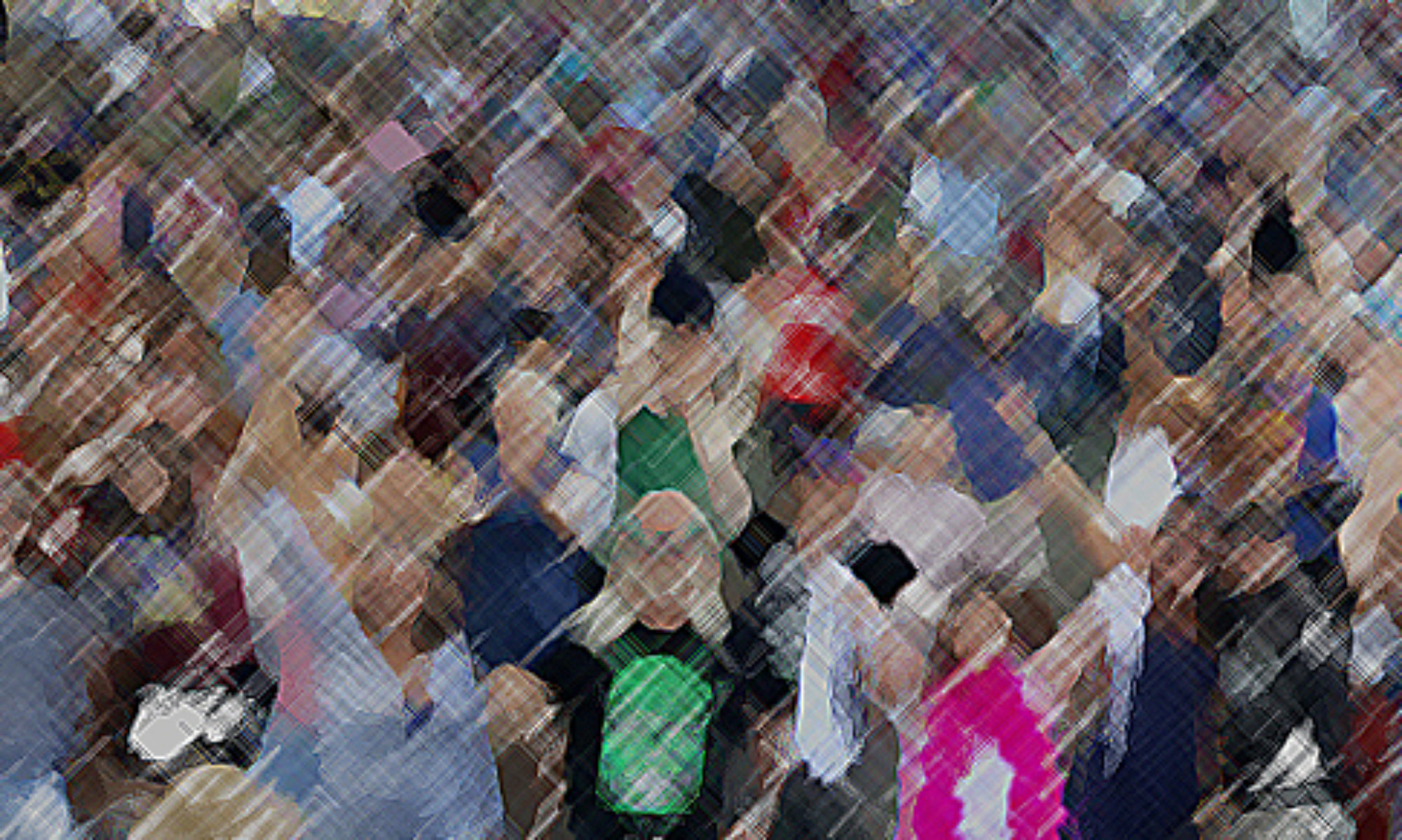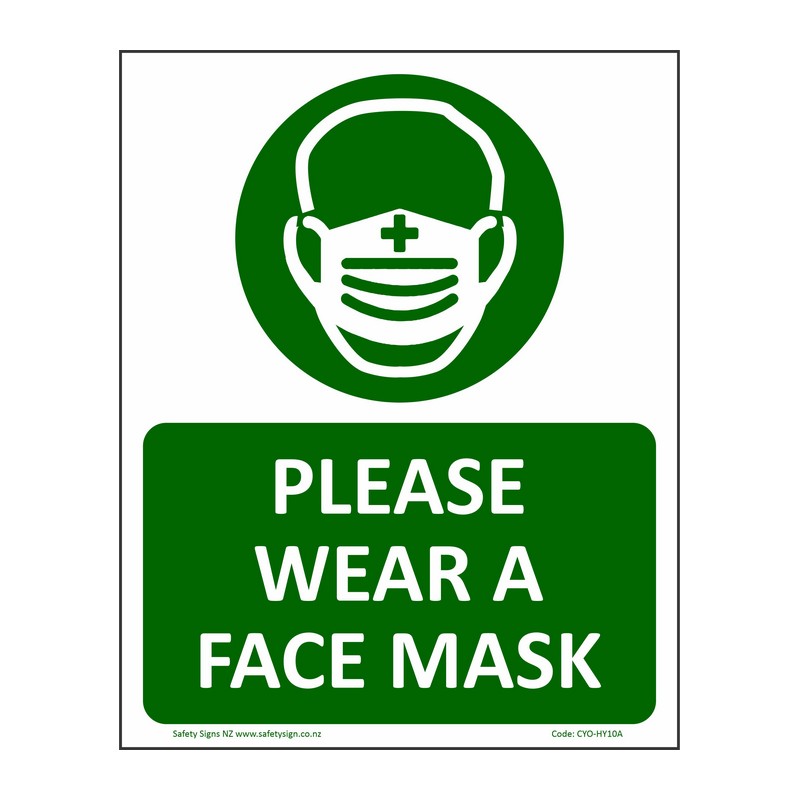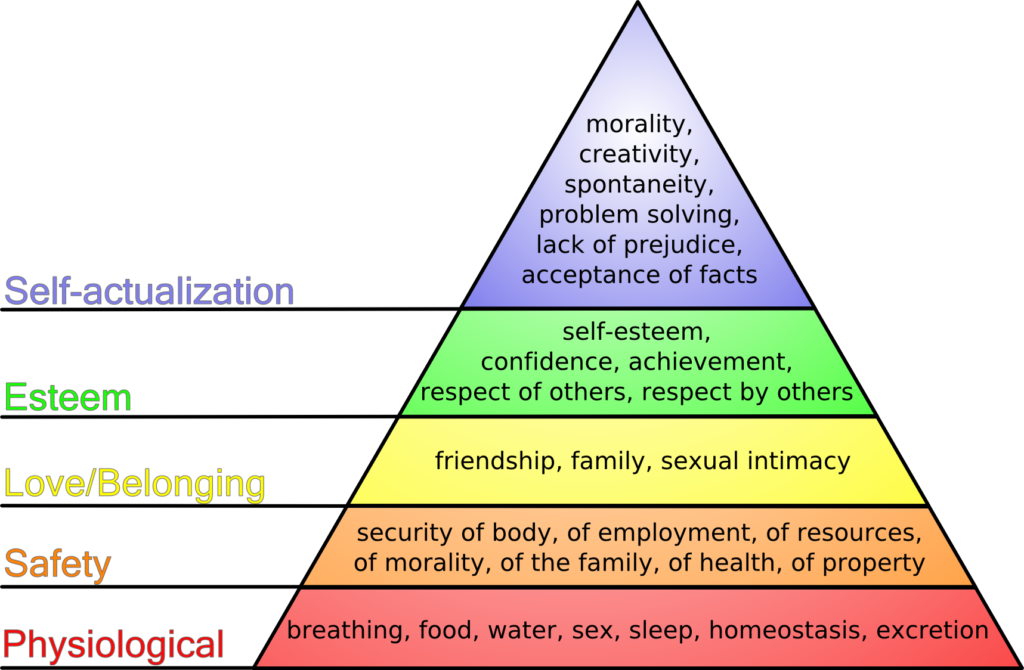I had not intended to write any Covid-19 specific posts here, but an incident my teenage son had at a local convenience store changed my mind.
He was at right off of the freeway in my lovely town of Glenwood Springs, Colorado. My son went into pay at a chain gas station and convenience store and inadvertently left his face mask in his car. Upon entry to the store the store clerk yells “Get the hell out of here without a mask”. He sheepishly went to his car, genuinely feeling bad for forgetting the mask, but also upset at the clerk screaming at him, causing the other customers to stare him down, as well.
Here’s where you can call me “Karen”. Rather than go down and chat with him, which my son would have not approved of, I called the store manager, and simply asked her to brief her front line on compassionately dealing with that situation, a situation which is repeating itself all over the country. It was a positive chat, ending with her assurance she would discuss the issue with all of her staff, and not just the clerk in question. I DO NOT want the guy in any trouble. I am not one of those people. I deal with “Karen” every day at the adventure park I work for. I understand we are all at a very high stress level right now, but that kindness is more important than ever.
Is your business still serving customers? If this is the case, my hat is off to you and your staff. It is a very stressful time. How is it going with your staff? It is certainly a time for you all to be on edge. But it is not the time to lose focus on humanity. You have an opportunity to show your customers you are confidently dealing with the situation, and part of that is KINDLY telling them to wear a mask before they enter your business. It is not something that has to have a negative connotation at all. You merely explain to them that you are protecting them, your staff, and virtually everyone else by wearing one. Explain to them why social distancing rules in your business are for them, as well as everyone else. If you do it with confidence and love most will receive it well. Those who do not get it do not get to come in. Explain to your front line that they can present it as a customer benefit, rather than making it sound like another “rule”. As I have written here before, and will again, there is a way to say everything.
For those of you who are closed, my heart truly goes out to you. What can you do between filling out government paperwork and being on hold with the IRS? You can find unique ways to stay in touch with your customers, clients, and guests. Hopefully you make some effort to keep track of them, and if not, will change that. Reach out in some way to remind them you are thinking of them. Messages of support through social and traditional media go a long way. You don’t have to be selling them anything. You can merely stay on the top of their mind by communicating with them in some way during your closure.
The road ahead is an uncharted one, but if you are to stay in business, communicating honestly, kindly, and effectively with your customers whether at your business or not, will make all the difference.











